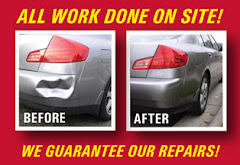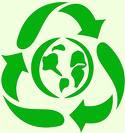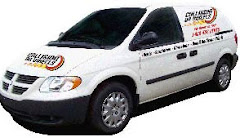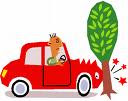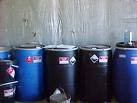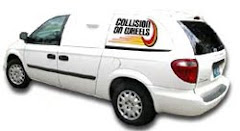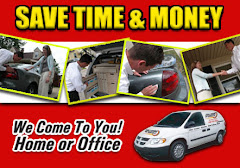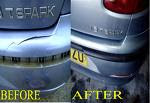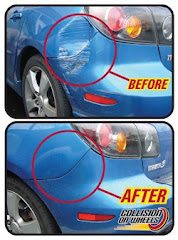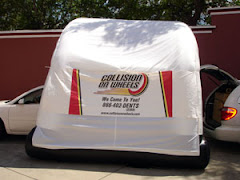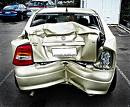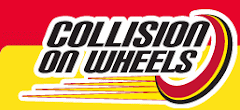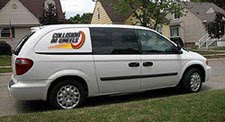Removing Paint Contamination with a Car Clay Bar
Auto paint contamination includes overspray, industrial fallout and tiny metal shavings form brake dust. This type of contamination can cause serious damage to your car’s finish and it cannot be removed by washing, waxing or polishing. Paint contamination feels rough or gritty and leads to tiny rust spots.
Causes of Paint Contamination
Rail Dust: Rail dust is produced from the friction of a train’s wheels against railroad tracks. Most new cars are shipped to dealerships by train; therefore, a new car’s finish can be contaminated before it gets to the dealership. If you live near a railroad track or your daily route to work takes you past the tracks your car is subject to rail dust contamination.
Brake Dust: Brake dust is particles produced from the friction of brake pads rubbing against the rotor and dispensed into the air on the highway where it comes into contact with other cars.
Industrial fallout is another type of pollution; it is a byproduct of our modern industrial age.
Checking for Paint Contamination
One way to check for paint contamination is by placing your hand in a plastic bag and lightly running it over the paint surface after washing and drying your car. If the surface feels rough and gritty contamination is present and should be removed with a clay bar before applying wax.
Removing Paint Contamination
There is no way to prevent paint contamination. Using rubbing compounds to remove the contamination can be abrasive and will eventually remove the top, clear coat finish from your car.
The best way to safely remove paint contamination is with a clay bar as it does not cut or use abrasive action like rubbing compounds. Poly Clay bars are the best product to use because they do not dry with age or decompose with repeated applications. They are non-abrasive and clear coat safe. Poly Clay bars leave little residue making clean-up easy.
Wash and dry the car before using a clay bar as dirt on the surface will cause scratches. Follow directions and use a clay lubricant to reduce friction between the clay bar the paint surface.
Work in sections, applying a light mist of lubricant. Gently glide the clay bar across the area until the finish is smooth and the contaminants are removed. Wipe with a clean, dry microfiber towel and continue working in sections until the entire vehicle has been treated.
As the clay bar becomes soiled, pull, stretch and refold to expose a new area. When it is completely soiled throw it out. A 2 oz clay bar should last through 5 to 7 treatments. Be careful not to drop the clay bar on the ground.
Clay bars only remove contamination; they do not remove scratches or restore the gloss. Polish or wax the car after removing paint contamination to restore the shine and protect the paint.
Jack Barker owns Collision on Wheels, a mobile auto body shop that comes to your home or work place to perform minor collision repair, dent repair, scratch repair and paint repair. Repairs are usually done in one day or less and the cost is typically less than the deductible on your insurance policy.
Jack Barker Serves the North Dallas Metro area: Dallas, Plano, Richardson, Allen, Frisco, Grand Prairie, Carrolton, Farmers Branch, Fort Worth, Garland and neighboring cities and communities in Dallas, Collin and Tarrant Counties.
75201, 75203, 75205, 75206, 75208, 75210, 75216, 75218, 75220, 75223, 75226, 75023, 75025, 75075, 75094, 75081, 75002, 75034, 75050, 75052, 75006, 75010, 75244, 76103, 76105, 76107, 76108, 76110, 76112, 76114, 76115, 76117, 76119, 76040, 76042, 76044
[Free HD] I'm Not Me Full Movie
5 years ago


